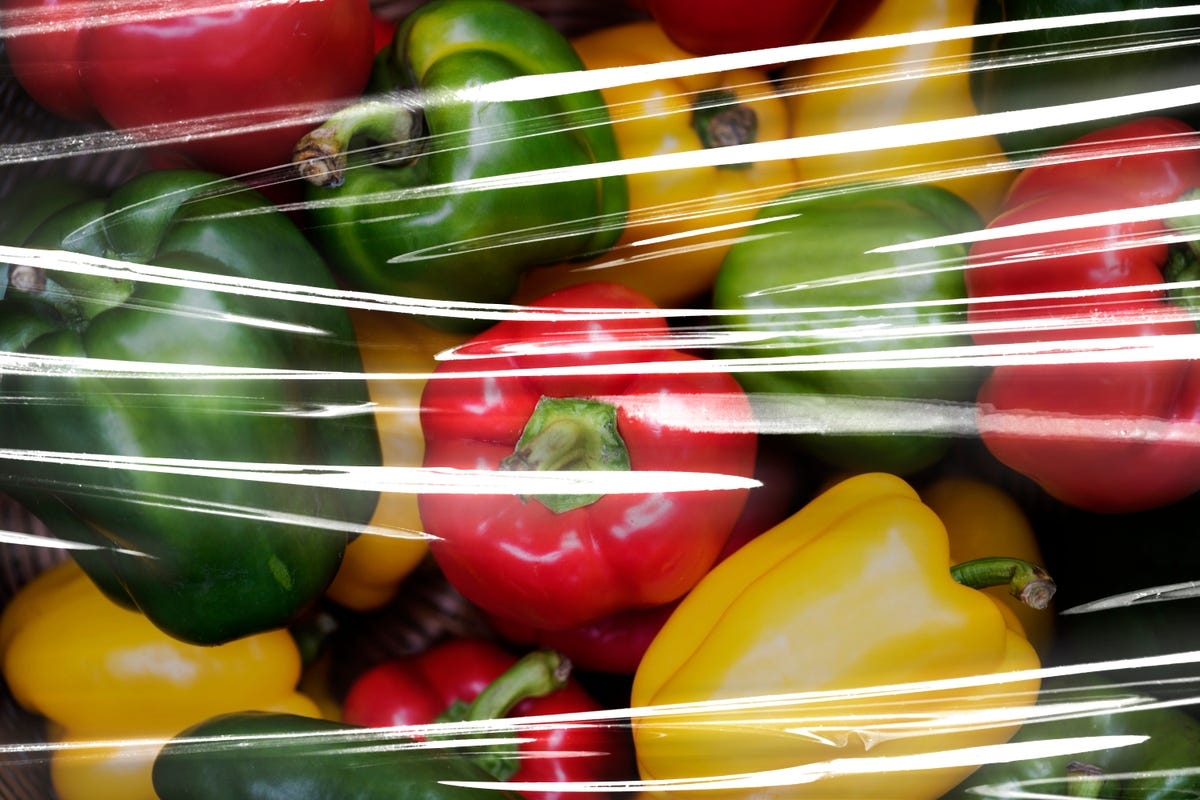Australian Study Finds Plastics are Penetrating Entire Food Chain
Research from The Commonwealth Scientific and Industrial Research Organisation (CSIRO) an Australian Government agency responsible for scientific research, has found that plastic waste has become a major contaminant.
CSIRO’s study discovered that every Australian discards an average of 100 kg of plastic waste per year and micro and nanoplastics are now being found in a range of foods, highlighting the need to better understand the impacts on food safety and security.
The research organisation led a study that found agricultural systems and the food supply is increasingly impacted by micro and nano plastic pollution. The study is one of the first to analyse the academic literature on microplastics from a food safety and food security risk viewpoint, and can be found here.
While previous studies have found that plastic travels into waterways and is ingested by the fish we consume, the latest study discovered there are more likely pathways for plastic to get into food.
One major route is contamination from the machinery, equipment and plastic wrapping used to handle, process and package food. Fresh food can start off plastic-free but contain plastics by the time it’s been handled, packaged and makes its way to the consumer.
Over 10,000 additives help give plastic its useful properties however, these chemicals can leach into the environment, also potentially contaminating our food supply.
This study highlights that more research is needed to understand the impact plastics and their additives could have on agricultural systems and food supply and says it is imperative to improve our understanding of the concentrations of these plastics in the environment and what levels could cause toxicity.





